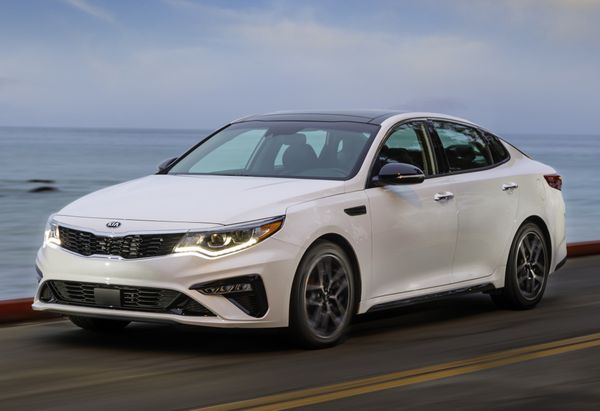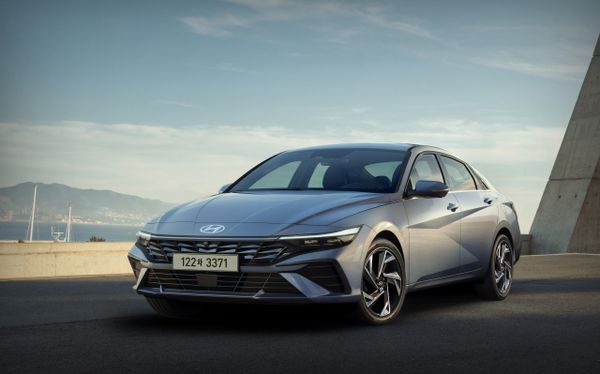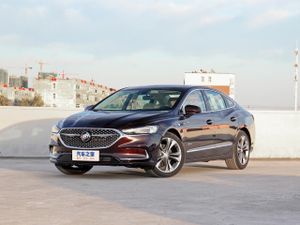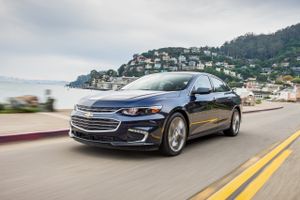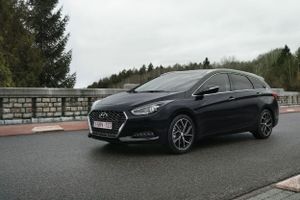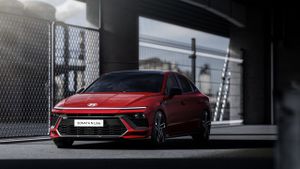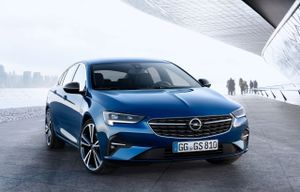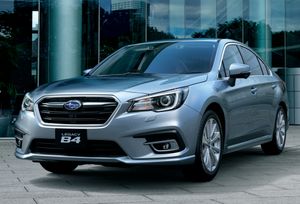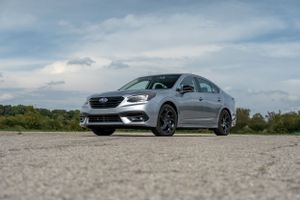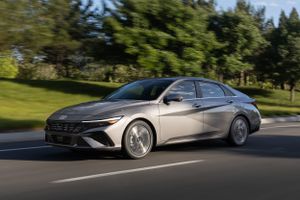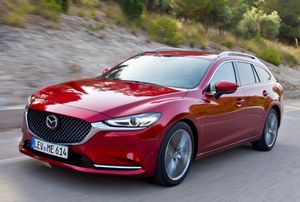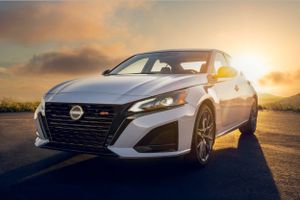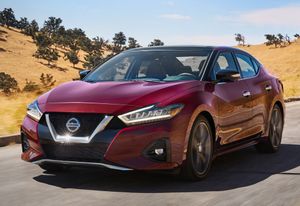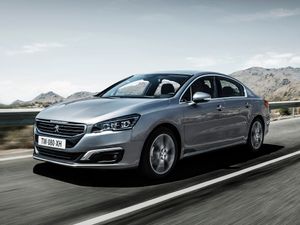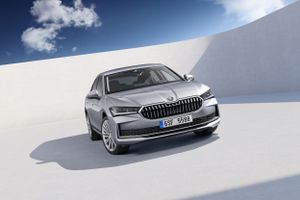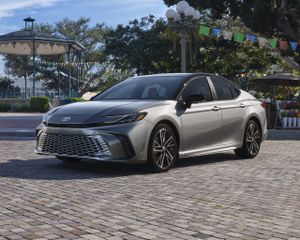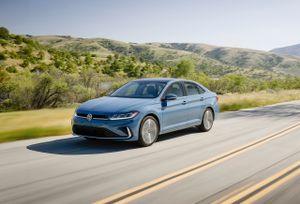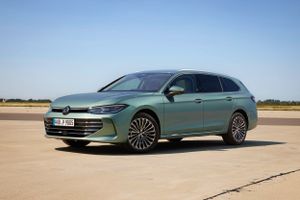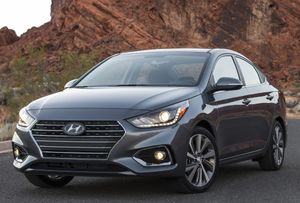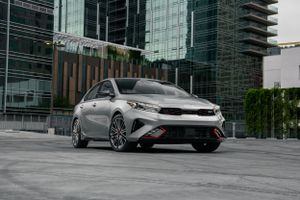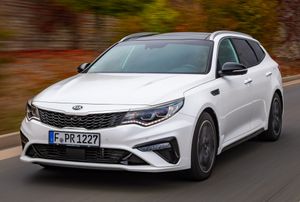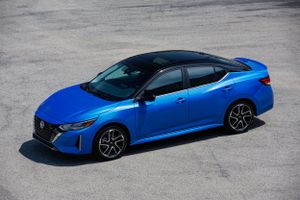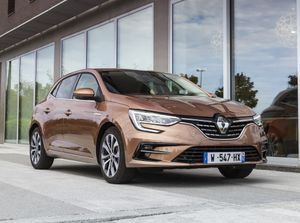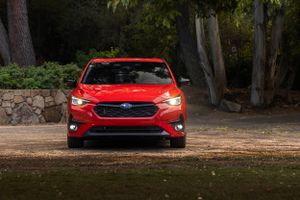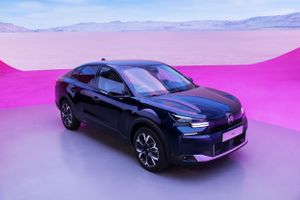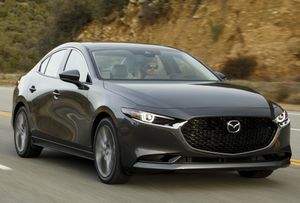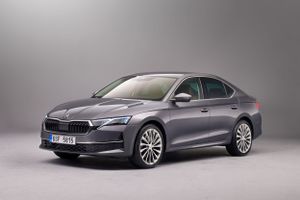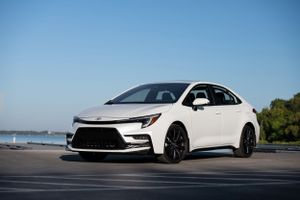Comparison of Kia Optima and Hyundai Elantra
Comparison of Kia Optima and Hyundai Elantra
Characteristics
Kia Optima and Hyundai Elantra
Transmission
Robotic
Robotic
Number of gears
7
6
Type of drive
FWD
FWD
Top speed
195 km/h
178 km/h
Acceleration to 100
11.8 sec
10.5 sec
Fuel tank capacity
70 l
42 l
Curb weight
1 605 kg
1 345 kg
Max weight
2 080 kg
1 850 kg
Length
4 855 mm
4 620 mm
Width
1 860 mm
1 800 mm
Height
1 460 mm
1 450 mm
Wheelbase
2 805 mm
2 700 mm
Front track width
1 594 mm
1 585 mm
Rear track width
1 595 mm
1 596 mm
Trunk volume min
425 l
474 l
U-turn diameter
10.8 m
Wheel size
215/60 R16
215/55 R17
235/45 R18
215/55 R17
235/45 R18
205/55 R16
Fuel consumption city
4.9 l
Fuel consumption highway
4.2 l
Average consumption
4.4 l
4.4 l
ECO class
Euro 6
Euro 6
CO2 emissions
117 g/km
Engine type
Diesel
Hybrid
Battery power
1.32 Kwh
Engine location
Front, transverse
Front, transverse
Engine power system
Distributed injection (multi-point)
Engine capacity
1598 cm³
1598 cm³
Type of boost
Turbo
Turbo
Cylinder arrangement
Inline
Inline
Number of cylinders
4
4
Valves per cylinder
4
4
Compression ratio
15.9
10
Bore and stroke
77 × 85.8 mm
75.6 × 89 mm
Maximum power
136 (100 ) 4000
139 (102 ) 5700
Maximum torque N⋅m
320 2000 – 2250
195 4000
Front suspension
Independent, spring
Independent, spring
Rear suspension
Independent, spring
Semi-independent, springorts hélicoïdaux, sem
Front brakes
Ventilated disc
Ventilated disc
Rear brakes
Disс
Disс
Clearance
135
140
Trim version
Kia Optima and Hyundai Elantra
Driver's airbag
Passenger airbag
Side front airbags
Window airbags (curtains)
Driver's knee airbag
Side rear airbags
Tire pressure sensors
Driver drowsiness detection
Keyless central locking
Immobilizer
Rear-view camera
Isofix for the back row
Isofix for the front row seats
Cruise control
Adaptive Cruise Control
Anti-lock braking system (ABS)
Electronic stability program (ESP)
Hill start assist (HAS)
Emergency brake assist (BAS, EBD, EBA)
Automatic slip regulation (ASR)
Vehicle stability management system (VSM)
Collision avoidance system
Drive mode selection system
Lane departure warning system
Pedestrian detection system
Rear occupant alert system
AUX
USB
Bluetooth
12V
Carplay
Android Auto
USB-C
Sound
Audio system
Audio system
Steering-wheel heater
Sunblinds in the rear doors
Decorative interior lighting
Leather gear shift
Leather steering wheel
Sunroof
Panoramic roof
Power window
Front center armrest
Front seat adjustment
Driver's seat with memory function
Ventilated front seats
Seat trim
Genuine leather seats
Fabric seats
Front seats
Side mirrors
Steering wheel height adjustment
Steering wheel reach adjustment
Front parking sensors
Rear parking sensors
Air conditioner
Dual-zone climate control
Single-zone climate control
On-board computer
Keyless entry system
Engine Start Button
Power folding mirrors
Power mirrors
Multifunction steering wheel
Digital instrument cluster
Trunk electric drive
Electronic parking brake
Headlights
LED headlights
LED headlights
Daytime running lights
Automatic headlight range control
Adaptive front-lighting system
Rain sensor
High beam assist
Light sensor
Diameter
R17
R16
Material
Alloy
Alloy
Photos
Kia Optima
Hyundai Elantra
Comparison of Kia Optima with other cars
Comparison of Hyundai Elantra with other cars
Today on the Market
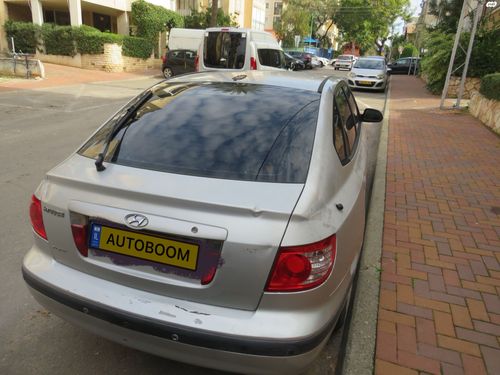
Hyundai Elantra, 2007
₪ 4 900
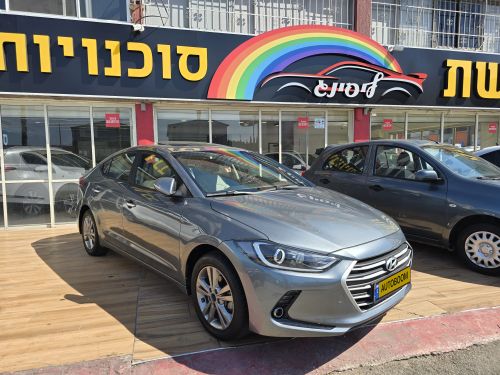
Hyundai Elantra, 2018
₪ 52 700
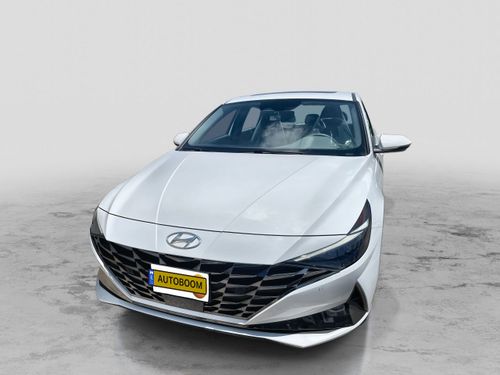
Hyundai Elantra, 2022
₪ 130 495
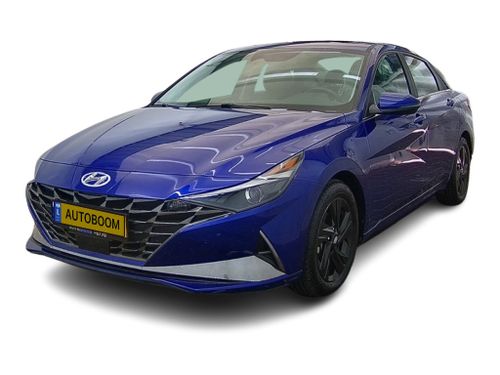
Hyundai Elantra, 2021
₪ 105 770
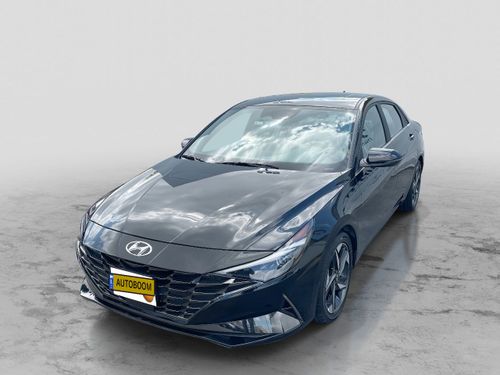
Hyundai Elantra, 2023
₪ 145 415
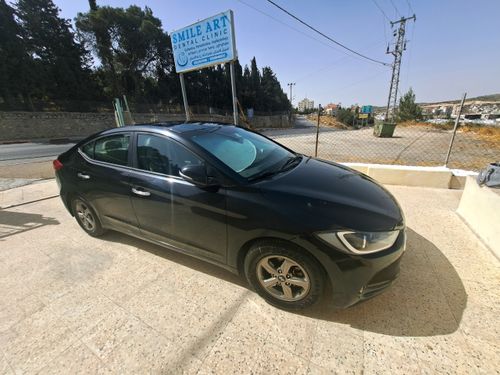
Hyundai Elantra, 2017
₪ 50 000
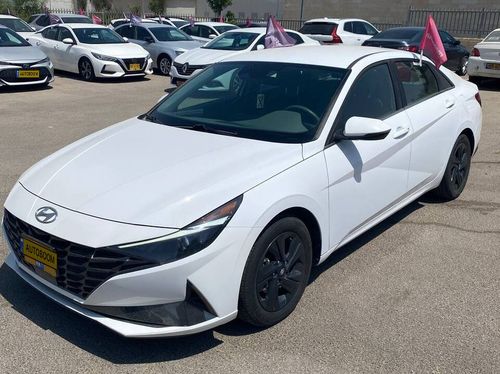
Hyundai Elantra, 2022
₪ 119 900
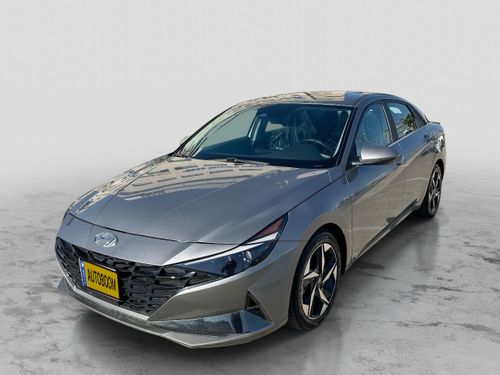
Hyundai Elantra, 2022
₪ 122 555
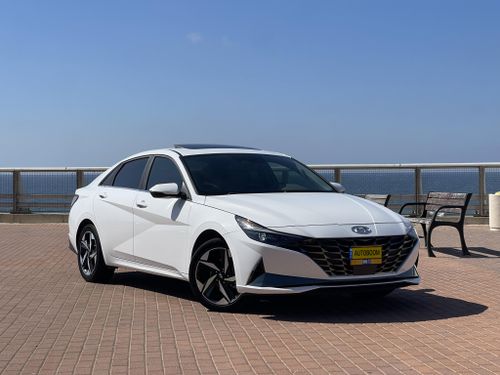
Hyundai Elantra, 2024
₪ 151 990
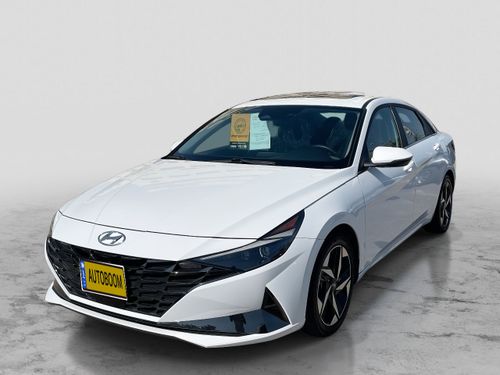
Hyundai Elantra, 2023
₪ 139 955
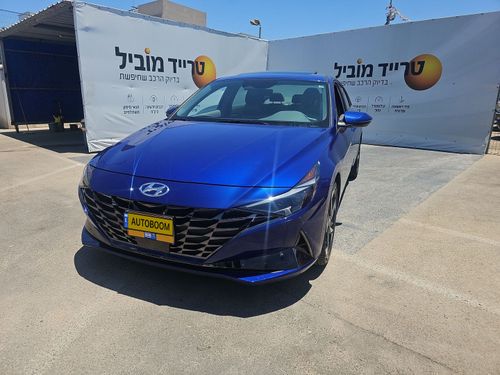
Hyundai Elantra, 2022
₪ 127 995
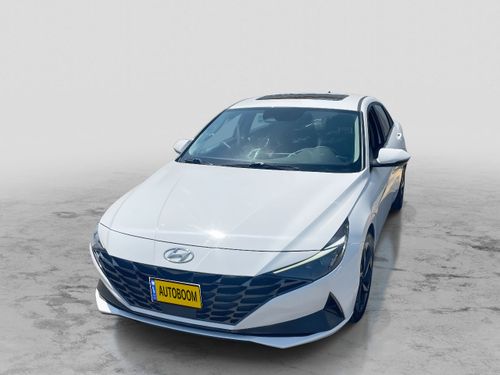
Hyundai Elantra, 2022
₪ 129 295
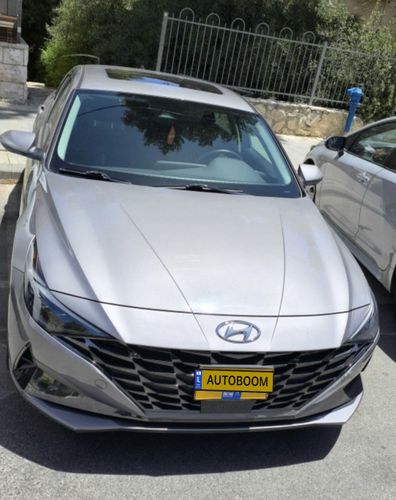
Hyundai Elantra, 2022
₪ 128 500
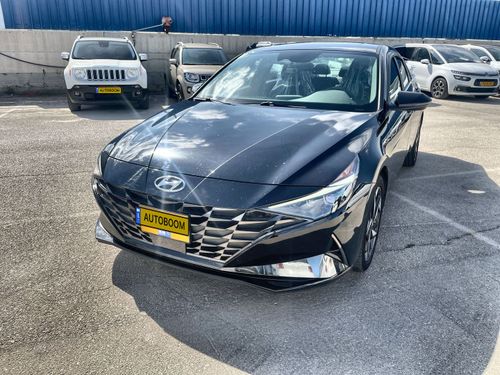
Hyundai Elantra, 2022
₪ 124 195

Hyundai Elantra, 2023
₪ 135 625
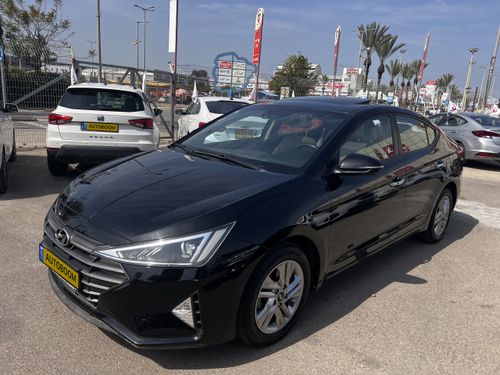
Hyundai Elantra, 2021
₪ 74 900
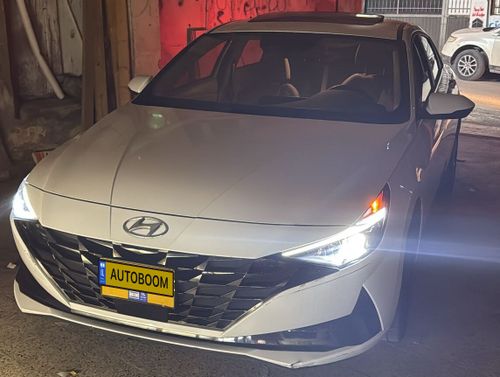
Hyundai Elantra, 2023
₪ 143 200
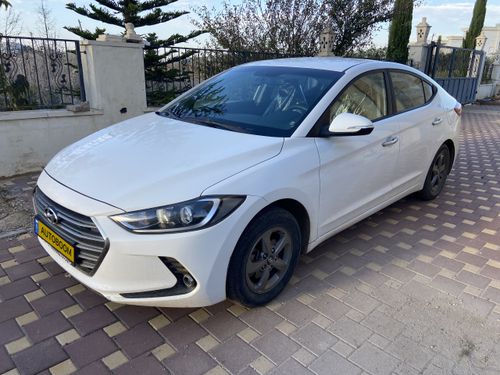
Hyundai Elantra, 2017
₪ 50 900

Hyundai Elantra, 2004
₪ 6 000

Hyundai Elantra, 2023
₪ 141 000
Compare similar cars Kia Optima and Hyundai Elantra
Kia Optima and Hyundai Elantra are two popular cars, each with its own unique advantages and features. The choice between Kia Optima and Hyundai Elantra depends on the driver's needs and preferences.Kia Optima and Hyundai Elantra are two popular cars, each with its own unique advantages and features. The choice between Kia Optima and Hyundai Elantra depends on the driver's needs and preferences.
